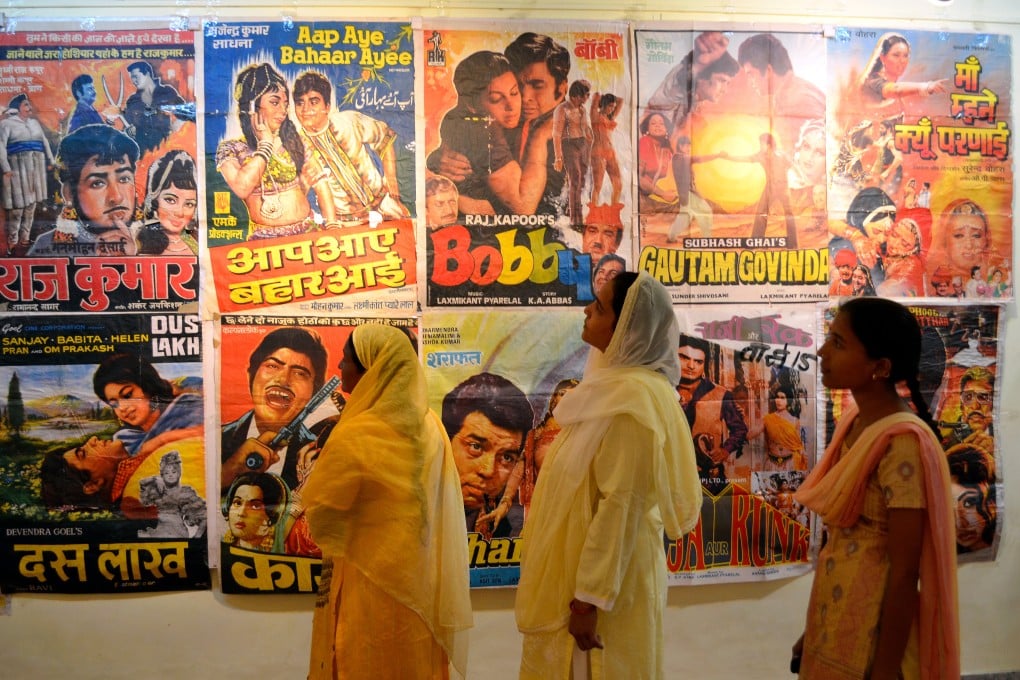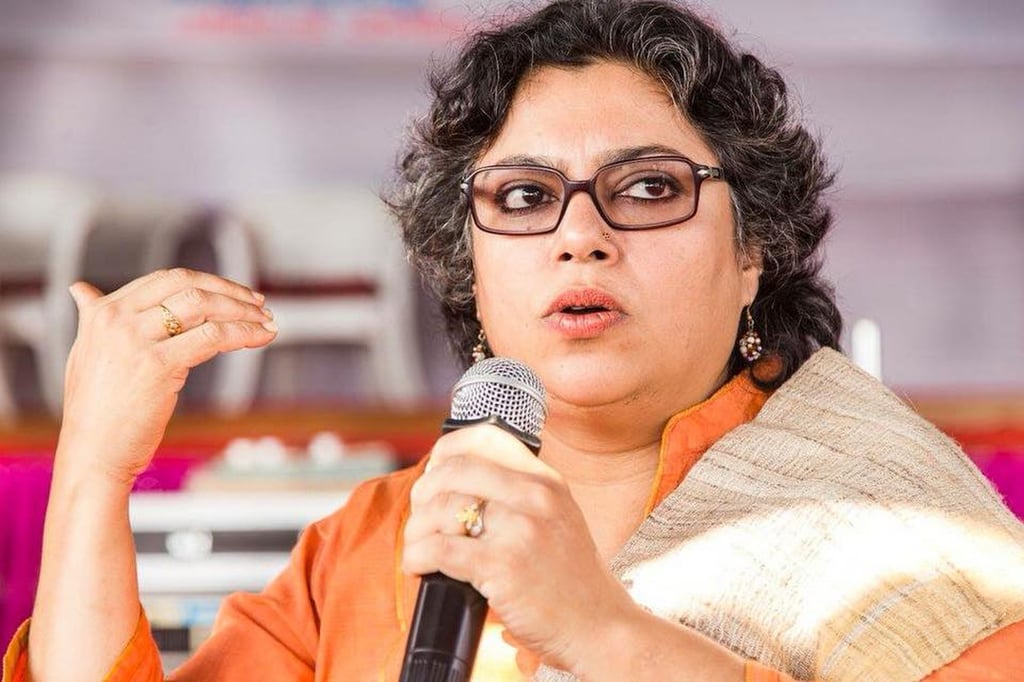Women of Bollywood bypass ‘boys’ club’ trade unions in their fight for equal opportunities and better treatment
- The Indian film industry is controlled by men, and women working in Bollywood are paid less and have to cope with there being no bathrooms or childcare for them
- Now some of these women are speaking out and joining forces to campaign for better representation and working conditions

Female protagonists are often the biggest stars in Bollywood films, but behind the scenes, the Indian film industry is dominated by men. Tired of being sidelined, women are banding together to ensure their voices are heard – on set and off.
“We’d have at least 80 to 90 people on a set and only three or four of them were women,” says Petrina D’Rozario, a film producer.
“We’d bump into each other [and say] ‘Oh, my God, why can’t we get a toilet?’,” says D’Rozario, founder and president of Women in Film and Television Association, India, a non-profit advocacy group based in Mumbai, the heart of the country’s film industry.
Besides the dearth of bathrooms, she says female staff had to contend with a lack of childcare facilities, lower pay, and late-night shifts with no thought given to their personal safety – problems film industry trade unions have failed to resolve.

That has driven D’Rozario and other women working in India’s huge film industry to form their own groups outside the traditional trade union framework, to lobby on issues related to working conditions and gender-related inequality.
